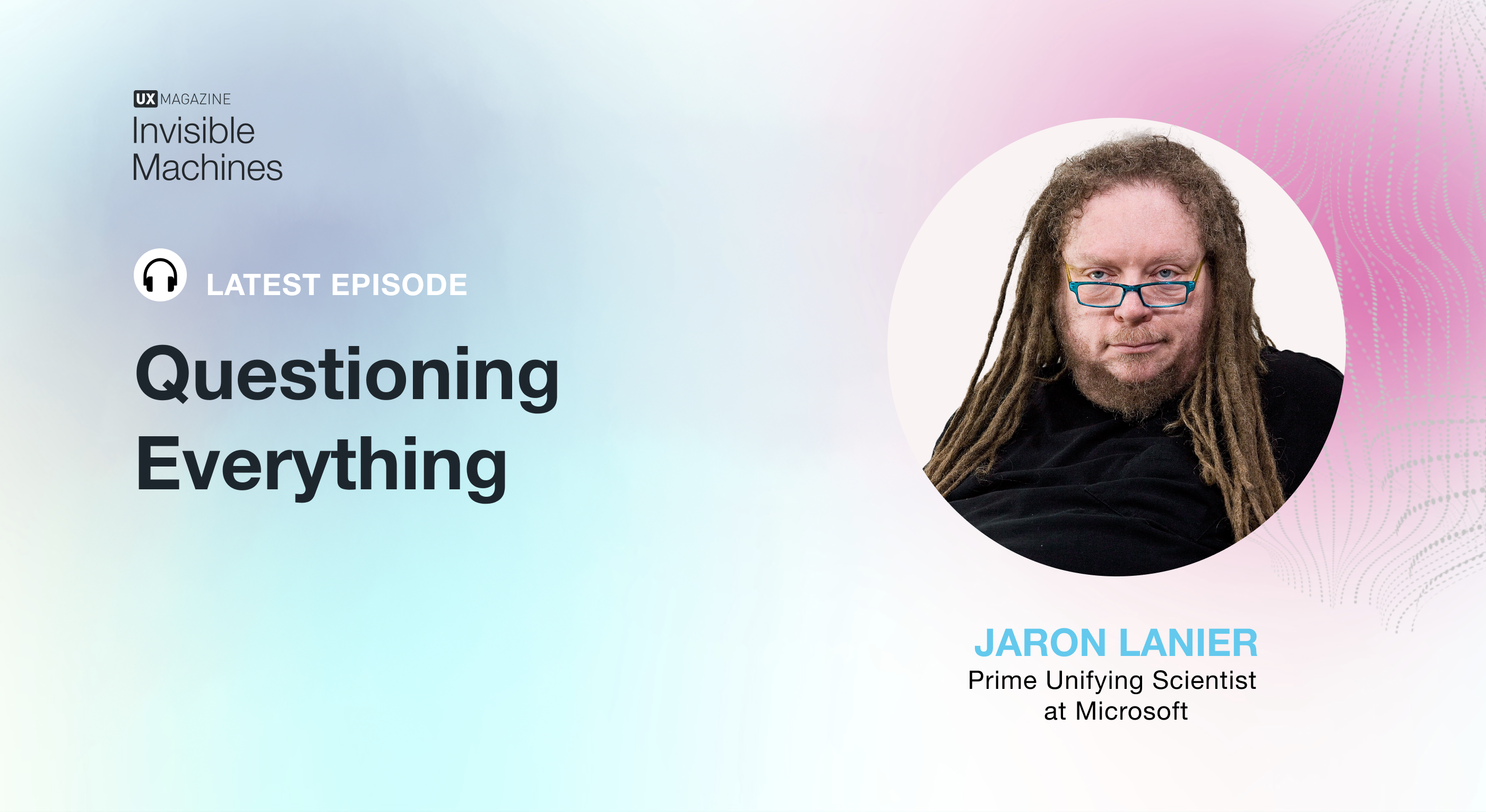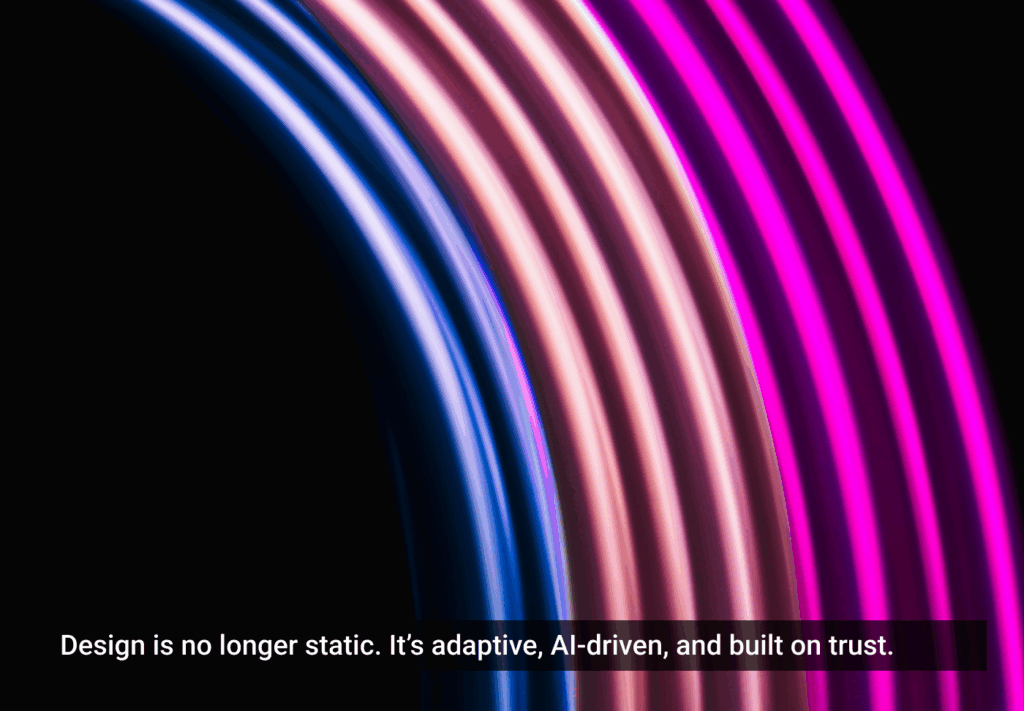On this episode of the Invisible Machines podcast, Robb and Josh welcome Jaron Lanier, who left Atari in the 1980s to launch VR technology as we know it by co-founding VPL Research. He’s currently Microsoft’s Prime Unifying Scientist and is also an accomplished composer and artist. His passionate takes on technology include a universal call to abandon social media, including the fight to repeal Section 230, which could fundamentally alter the way interactions online are incentivized
Here, the trio discusses how singularity might lead to supreme ignorance, why we shouldn’t be afraid of paying for content, and the critical moment in a VR experience when the user rejoins the real world. This is an episode that questions everything, including the questions themselves, so buckle up for a mind-bending chat with Jaron Lanier.
Check out the episode here.








